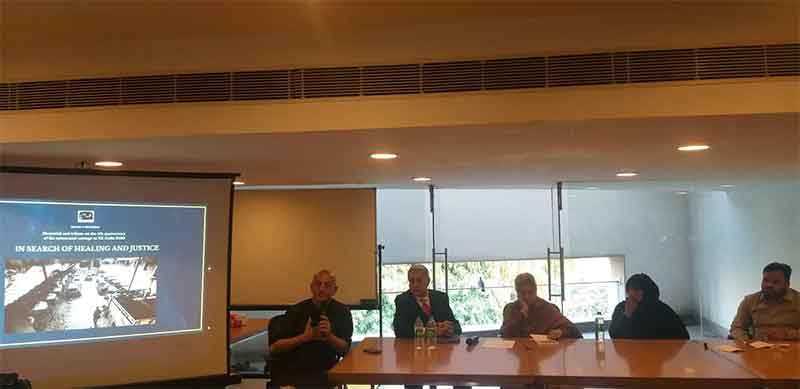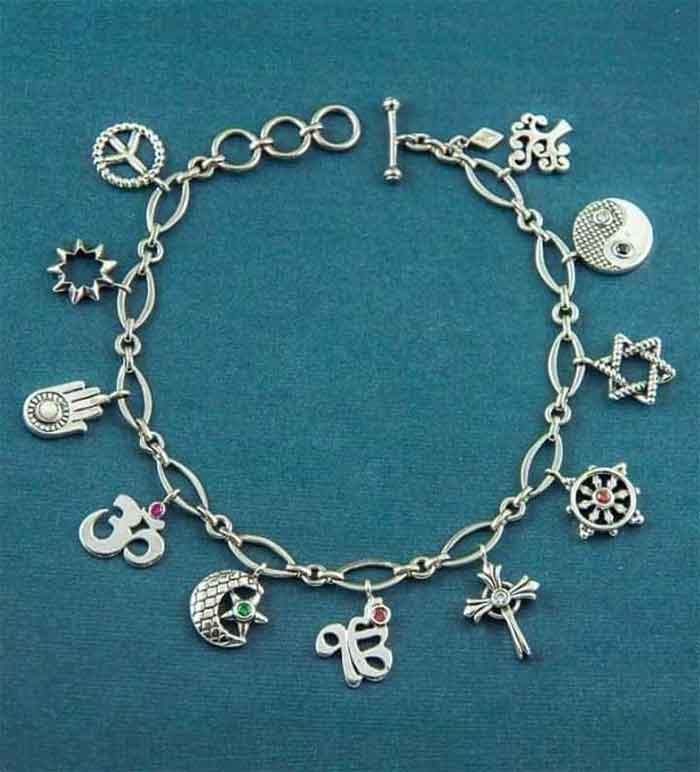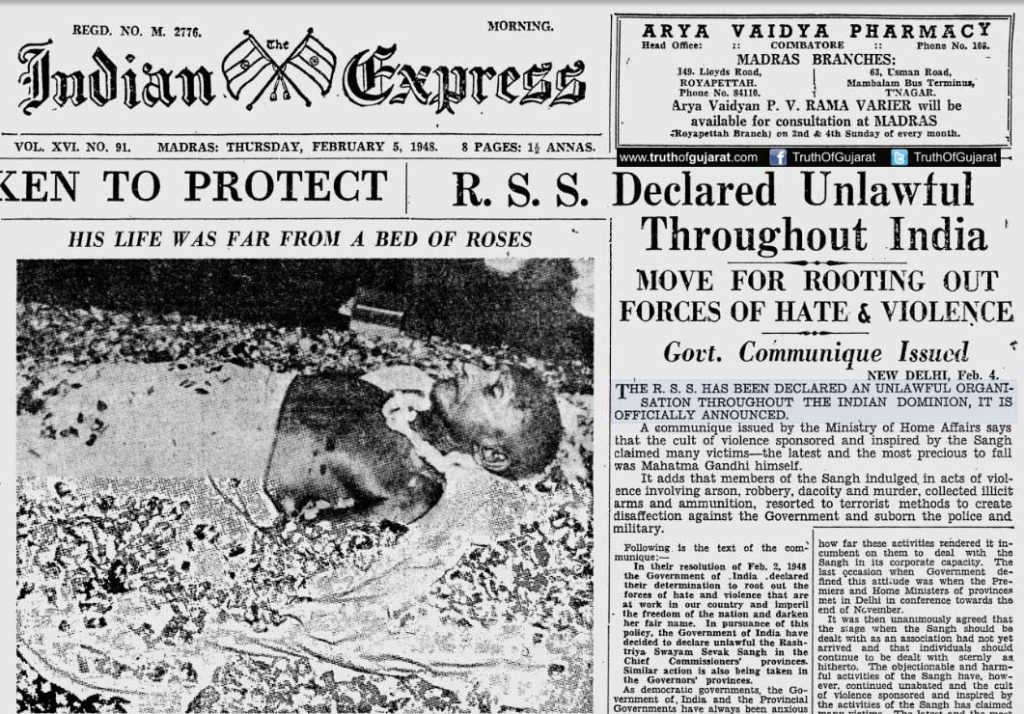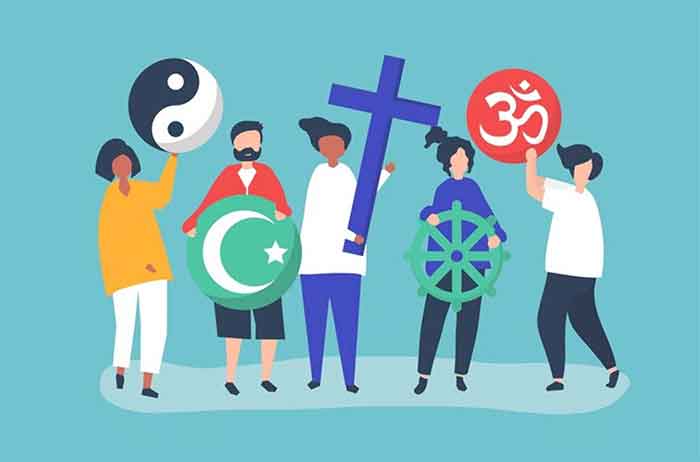by Swati Draik, Sumit Kumar Gupta and Badre Alam Khan

A memorial tribute on the fourth anniversary of the Delhi 2020 communal carnage was organized by Karwan-e- Mohabbat (people campaign for a just and humane world) on 27 Feb 2024 at New Delhi. The program was attended by the families of riot survivors (North East Delhi riots, 2020) and members of civil society and human right activists including students. In this program, documentaries namely Mazhab Nahi Sikhata and Hospital’s Friends (based on stories of victims of riots when they met at hospital) were screened. The senior Advocate of Supreme court, Prashant Bhushan and other member of civil society have attended the said event.
In introductory remarks, Harsh Mander said that we have gathered here as 4 years ago, a storm arose which destroyed homes and lives of several riot affected victims who are present here. It’s not easy to move on from such an incident, but you have shown strength to carry on with your lives. We want you to know that you are not alone in your suffering and we can fight unitedly by joining hands together against hatred. However, amidst difficult times, we should not lose our hope and continue to fight unabated for justice and defense of Constitution, he added.
In the first panel discussion (on Failure of Reparations) organized around the issues related to compensation, relief and reparation including healing the wounds of survivors of riots. This session was chaired by Devika Prasad and speakers like Swati Draik, Akanksha Rao, Dilshad Abbasi, Tarannum and Gufran Alam have shared their views about failure of state and its institutions in providing compensation and relief to victims. Most of them have underlined that so far survivors of riots have not received adequate compensations from the government both central and state government and they are still waiting for justice to heal their wounds.
In the second panel discussion (Challenges of Legal Justice), in which, Mishika Singh, Saif Ul Islam and Mohammad Mobbashir Aneeq have shared their views related to the status of legal cases. The session was chaired by Suroor Mander. It is the moral responsibility of the government to pay compensation when such incidents happen under its surveillance. As matter of fact lawyers have contributed a lot to ensure that compensation reaches out to the people, reminded Mander.
The third and final panel discussion (on Looking back and Looking Ahead), was chaired by Syeda Hameed and eminent personalities like Chander Uday Singh, Harsh Mander, Dr. Anwar and Sana khan have shared their views on problems of riot affected victims, inter-community relations and role of State and its agencies. While Chander Uday Singh has talked about reports on Delhi Riots 2020 (edited by him and it is available in the public domain.) and underlined that we need to create narrative based on facts and fight unabated while extending our helping hand towards victims. Syeda Hameed has underlined that Muslim community has been suffering from 1947 (since India’s partition) and still their wounds are not healed. She has reminded the importance of Karwan-e-Mohabbat campaign, where Harsh Mander was one of its founders, and hoped that love will prevail over hate in our country. Sana Khan (single mother and a survivor) spoke about how she was badly treated within the camp. She acknowledged that the support extended by Karwan-e- Mohabbat specially to bear educational expenditure of her kids. Dr. Anwar sahib (who had helped several injured victims during riots in hospital) has expressed his opinion regarding the reluctance of governments towards victims and he said that we need to speak truth to power and fight for our rights without fear in times to come.
The compensation amounts are arbitrary and no rationale has been given on what basis the compensation amounts were calculated for victims. For instance, in damage to property, the upper-limit of 5 lakh was given but in reality people have faced losses of even 40 lakhs in some cases. From the ex-gratia compensation scheme, harm categories like gender violence, sexual assault and acid attacks have not been acknowledged. And missing persons’ family have been neglected too even in the cases where the person missing was the sole breadwinner. These are points highlighted by the speakers.
Though the riots lasted only 3 days, the adverse impact was long lasting – when the homes were burning, people were helpless. They tried seeking help from the administration but no one came out and even ambulances were not being allowed into the affected regions. The women were being flashed by mobs of rioting men in Shiv Vihar. Even though in some cases there was no physical torture, the mental torture by such behavior disturbed the affected persons to their core. And when they went to file FIRs the police used to taunt them by saying, “you’ve already taken and are sitting on 20k-25k of money, what else do you want?”, as underlined by speakers.
The principles of decency say that the victim be at least compensated to restore their erstwhile status, yet the amounts distributed were not sufficient. The report on the basis of which amounts were distributed was arbitrary and the criteria to determine such amounts were not revealed. The websites for help didn’t work most times. The government didn’t even help to resolve these technical errors. We are still at the stage where we were 4 years before and the ‘claims commission’ has not addressed the issues adequately, added the speakers.
We have gathered to remember the poignant moments from 4 years ago. Humanity was murdered that time; grave injustice was done. Some patients who were taken to government hospital at nights faced huge discrimination at the hands of doctors and other medical faculty. The victims were treated as animals- guards and police were heartless. They asked to remove the patients from the place – some were heard saying, “in logon ke sath ye hona sahi hua, pehle danga karte hain fir ilzam lagate hain ”. These are points shared by speakers.
Private medical experts were of the opinion that had the patients been treated timely, their situation wouldn’t have worsened that much. The private hospitals acted as saviors in that situation as the government hospitals failed- even today this hate is being spread shamelessly. We need to light candles of love and humanity against hate in these difficult times, added by speakers.
Further it was pointed out that post-Feb 2020 things have become very difficult for people especially for victims of riots. Earlier things were fine, but after riots life of victims is full of new problems. The people who were injured can’t work anymore to earn a living. People’s earnings are going mostly into repairing their destroyed homes. They are not able to give their children a good education. They can’t even have a proper treatment for themselves. Small kids are forced to work and teachers in schools are prejudiced against such children when they fail in exams and they called them “dangai banenge aage chal kar”, as underlined by speakers.
To summarize discussions, it is unfortunate that the after four years, Delhi government including the Central government have so far done nothing substantially and not able to reach out the victims and provided compensation to riots affected victims, as hinted by speakers. In compared to anti-Sikh riots (1984) and Muzaffarnagar riots (2013), survivors of Delhi riots have not received any substantial relief and rehabilitations from government as hinted earlier. Besides, the attitudes of the police and administrations so far are not good and sympathetic towards survivors of riots. The role of government hospital especially their staff have been not supportive towards victims of riots in comparison to private hospital. Most of the speakers have noted that amidst despair, we should not lose our confidence and hope. And therefore, battle for justice and process of healing the wounds must be carried forward in coming days. It will be only possible when we the people of India should stand with the survivors of riots and ensure justice to them by joining our hands together in extremely difficult times.
The authors are currently associated with Karwan-e- Mohabbat (people campaign for a justice, secular and humane world) led by Harsh Mander and other member of Civil Society.
















































